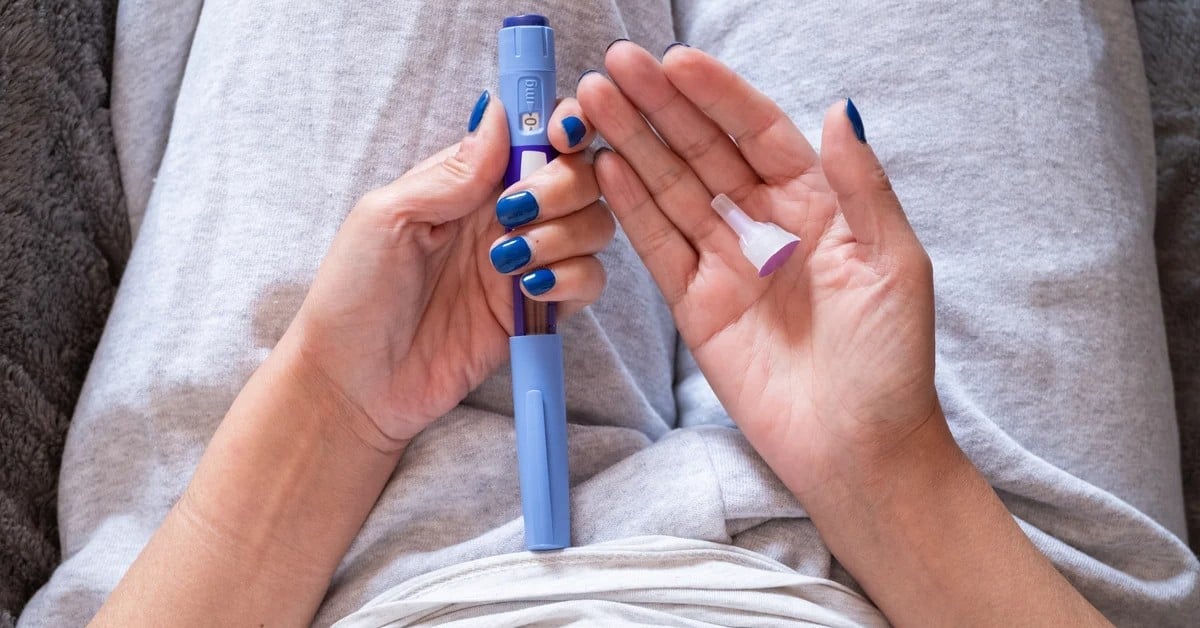The concept of teens on weight-loss drugs can be jarring, and health experts stress that such cases are complex and carefully managed, and that prescribing for under-18s remains rare, highly restricted, and specialist-led.
In a social-media fuelled, image-obsessed society, is there a risk that these drugs might be dangerous in the wrong hands?
Elder millennial and Gen-X women – many of whom now have teen daughters – remember all-too well the Kate Moss, heroin-chic era of ‘nothing tastes as good as skinny feels’. It was dangerous – deadly, in fact – and spawned eating disorders, body dysmorphia and lifelong issues with food in many of us.
Yet Dr Terri-Lynne South, Chair of the Royal Australian College of General Practitioners (RACGP) Special Interest in Obesity Management, reiterates that prescribing weight loss drugs for teens is not something done without multi-modal considerations. It needs to be highlighted that non-medication approaches remain first-line and that medicines are only considered after other interventions fail.
Dr South noted that some newer medications show promise, but stressed they remain under safety monitoring and are only prescribed under strict specialist care. She added that our shifting understanding of obesity as being about far more complex factors than ‘willpower’ (which is damaging to children’s mental health) is a positive thing.
“I’m hoping now that we actually have obesity management medications, people will start to understand that true obesity, which is not defined by weight and BMI, but true, clinical obesity, is a chronic condition,” she said.

